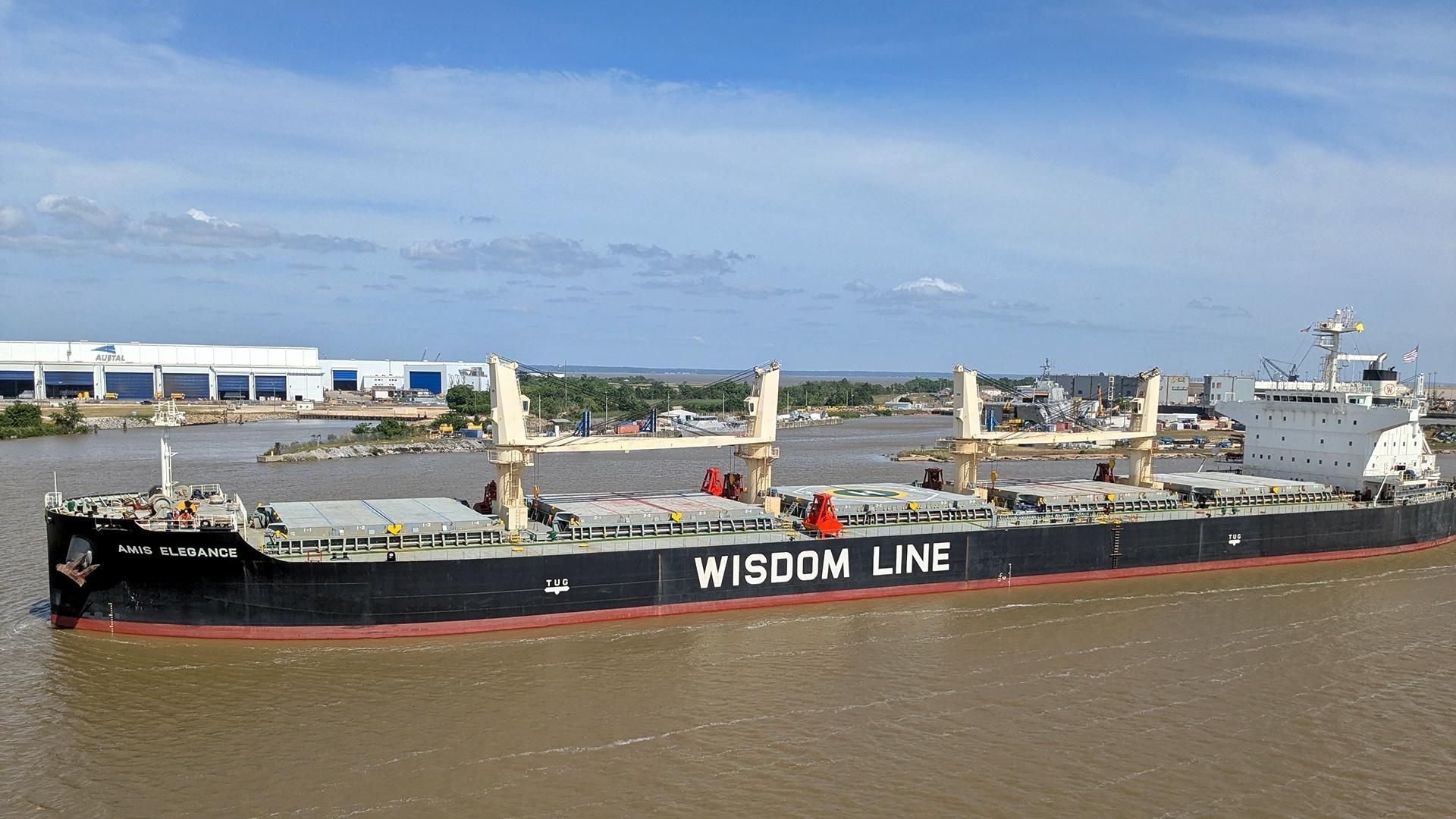The optimism at the shipyards does not extend to the companies that rely on those vessels, though.
An earlier version of the policy, which would have included a flat $1.5 million fee, received hundreds of public comments, many in opposition. The Alabama Mining Association warned there are not enough American-made ships to fill the demand for the coal they export for making steel.
“This will have a ripple effect through the industry from the mine site, through the river and rail system to the ports throughout the United States,” the association wrote.
The Louisiana Maritime Industry said this would reduce the country’s trade competitiveness and force U.S. companies that rely on trade out of business. It also hinted that inflation wasn’t far behind.
“The end consumer, the U.S. Citizen, would be expected to absorb some, most, or all of the increase on products,” the comment read.
Byrne at the Mobile Chamber said while he agrees it's critical to remake the country’s commercial shipping fleet, he wants to see more carrots to encourage building new shipyards — which will take years to complete — before bringing out the stick with these port fees.
“You can beat me with that fine stick all you want, but that's not gonna incentivize me to go out and build a shipyard that costs hundreds of millions of dollars,” Bryne said. “Then wake up the next day and find out I don't have a market for the ships that I can produce in that shipyard, so I've lost that investment.
“We've got to focus more on the carrot and less on the stick.”





